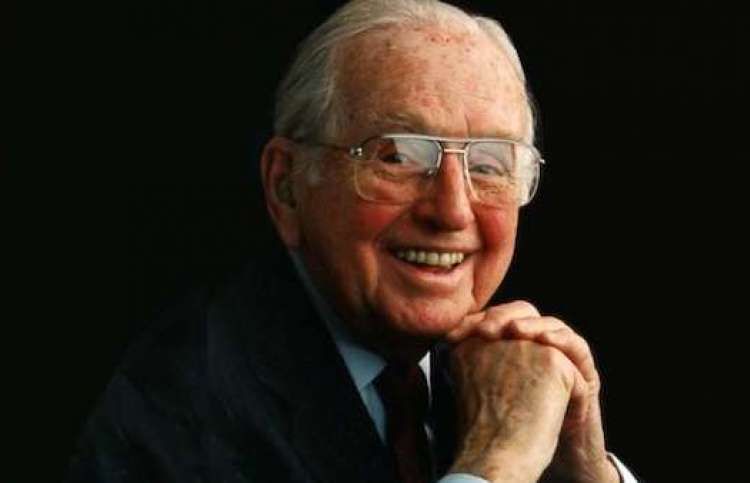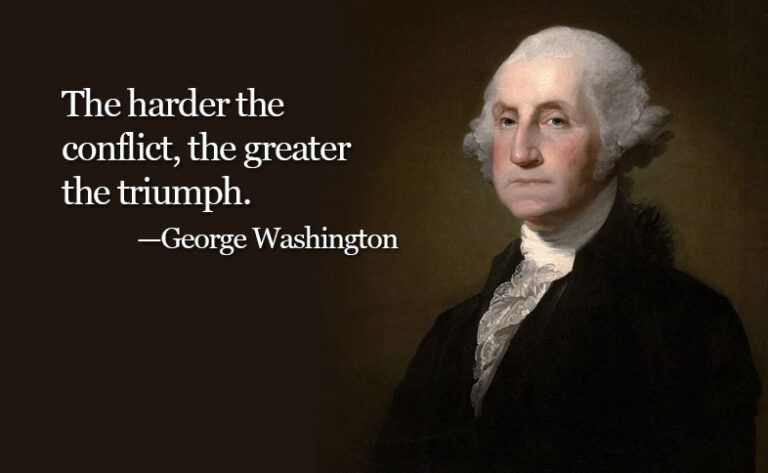Our nation is in the clutches of a moral crisis. The truth of this is clear in the grave problems facing us—crime, the breakup of families, drugs, alcoholism, homelessness, racism, the collapse of sexual morality, illiteracy, the despoiling of the environment, and the erosion of honesty, especially among those who are leaders of government and business.
For more than 65 years, ever since my ordination as a minister, I have been preaching that if a person would surrender to Jesus Christ and adopt strong, positive attitudes, he would have a joyful, abundant life. I am still convinced that this is true. But I also have to admit that the trend during the latter decades of the 20th century seemed to be away from the principles and practices of religion.
During my speaking-engagement travels, discouraged people come up to me seeking answers. In recent years their most frequent question has been this: Why, with so much natural harmony in this bountiful God-given land of ours, have human beings made such a mess of things?
At first that depressed me, because I didn’t have an answer. When something is troubling me, my wife, Ruth, and I try to get away from the noise and confusion of New York City and go up to our country place in Dutchess County. It was there while taking a walk one night that I came up with an answer. It was a tranquil moonlit night, and as I strolled down the flagstone path I recalled a man who came up to me after I’d given a talk in a midwestern town.
“Dr. Peale,” he had said, “do you think we’ve had it?” I asked him what he meant. “Can’t you read the signs?” he said angrily. “Sure, we’re powerful and prosperous. But so was Babylon. So was Rome. You know what I think? I think God is fed up with us!”
Recalling this incident made me stop walking, and I stood by the white fence with my hand on the gate. Was God really turning his face away from us? No, I decided, if anything, in all of today’s apparent decay, God was trying to tell us something. But what?
A rabbit hopped out into the road, then skittered into the bushes. In the distance an owl hooted softly. The moon was high in the sky now. For millions of years it had been circling the earth. Even its eclipses were predictable.
Through the trees, lights shone from neighbors’ houses. In them were human beings like myself, worried sometimes, groping for answers. There was nothing completely predictable about the life of any of us, none of the certainty that governed the rest of nature. The moon obeyed the laws of gravity. The rabbit in the road was controlled by instinct. So was the owl that might swoop down on the rabbit. But human beings had been given freedom of choice. They alone could change the direction of their future, because God had given them free will.
This freedom—wasn’t it possible that in rebelling against the authority restraints of the past, we Americans were neglecting our own inner controls? That would explain the current degeneration, these harmful, selfish acts that distress all thinking, God-fearing people.
I recalled a story I had read. It said that when the founders of our nation came out of the final session dealing with the Constitution, some of the waiting crowd surrounded Benjamin Franklin. “What have you given us?” someone asked. “A republic,” answered Ben, “if you can keep it.”
This wise old statesman meant that a republic with individual freedom is such a delicately balanced form of government that whether or not it survives depends entirely on its citizens. Not on how much prosperity and security they have. But on their intelligence, energy, selflessness, honesty, toughness, vigilance and patriotism—in other words, their character.
“I am still convinced that freedom of choice is at the heart of all morality.”
Ben Franklin was aware of the danger in a free society—that if the citizenry gets too lax, too soft, too self-satisfied, too indifferent, then they might lose their freedom.
Some people in our country today think we can solve many of our problems by recruiting more and more law-enforcement officers. But past and recent events in Europe and other parts of the world show what utter failures police states have been throughout history.
So that brings us to the answer to our moral crisis that I arrived at up at our country place: The reason we’ve made such a mess of things is because so many of us as individuals are out of control. The conclusion I reached that night was this: Our best hope of preserving our freedom in a free society is by convincing citizens that they would have to restrain themselves. I believed they could be shown how to do this, and helped to do it, and made to see what an exciting thing this new way of life could be. Not by imposed restrictions, but by self-control and self-discipline.
I am still convinced that freedom of choice is at the heart of all morality. It is not the lock on the door or the policeman on the beat that prevents a burglar from breaking into a house—although they may be deterrents. The choice is really up to the burglar. If his inner restraints do not restrain him, he is going to make the attempt to burglarize.
Most of us never contemplate burglary or other serious crimes, but we all face moral choices. It is precisely this freedom to do right or wrong that makes doing right an exhilarating and strengthening thing.
Have you ever been in a school where the honor system really does work? You can feel the pride in the atmosphere, and sense the dismay and anger when someone violates the code. Once, in such a school, I heard a skeptic say to the dean, “But this honor system gives the students a perfect opportunity to cheat.” The dean replied, “No, it gives them the opportunity not to cheat.”
However, not everyone has such a positive outlook. I got a letter from an irate teenager who took exception to a sermon he had just sat through (fortunately it wasn’t one of mine). “We young people,” he wrote, “are fed up with lectures on morality. And do you know why? Because they just consist of an endless series of don’ts. It’s always, ‘Don’t do this! Don’t do that! Don’t do anything.’ And we’re sick of it.”
That angry young man has a point. Too often morality is made to seem like a gloomy procession of negatives.
How much better it would be if we concentrated on building the young man’s pride in himself. What if we truly gave him the opportunity not to cheat, if we showed him what a wonderful thing the human body can be without drugs, if we gave him goals. He might listen if someone said, “Why not control your life, why not be master of your habits, why not know the joy and satisfaction of self-discipline? And I’ll give you all the help possible.”
I’m not proposing that all “don’ts” can be eliminated. Obviously they can’t. Jesus himself did not try to reinterpret or change the Ten Commandments, which for the most part are powerful “don’ts.” But Jesus did add the positive love commandment—to love God and “your neighbor as yourself.” And it was this same man who said, “The kingdom of God is within you.”
The Bible also says, “He who rules his spirit is better than he who takes a city.” Surely this spark in the human spirit is not dead. I truly believe that individual self-discipline and self-control are our best hopes to preserve the values and freedoms we Americans cherish.
Download your FREE positive thinking ebook!






